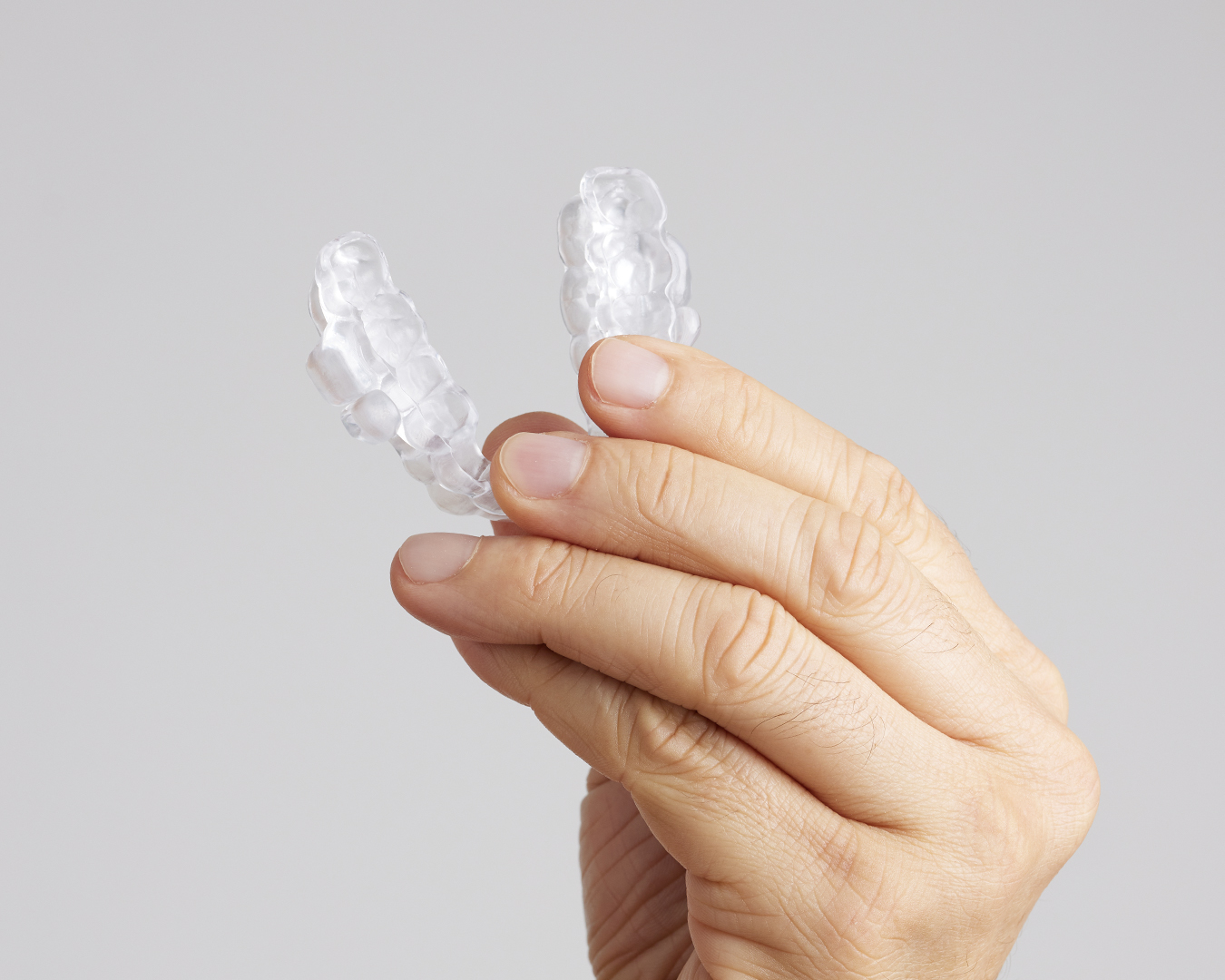Sleep Apnea 101
What Is Obstructive Sleep Apnea (OSA)?
There are three different kinds of sleep apnea:
- Obstructive sleep apnea (OSA)
- Central sleep apnea (CSA)
- Complex sleep apnea, also known as treatment-emergent sleep apnea.
The most common form of sleep apnea is OSA, which affects millions people across the United States alone.
What Is Sleep Apnea?
Sleep apnea is a sleep disorder in which you stop breathing during the night. What causes the breathing to stop depends on the type of sleep apnea. In obstructive sleep apnea, or OSA, breathing is prevented by an obstruction in the airway, which is usually throat muscles that have relaxed too much or the tongue collapsing back into the airway.
Obstructive Sleep Apnea vs. Central Sleep Apnea
While obstructive sleep apnea is caused by something obstructing the airway, central sleep apnea, or CSA, is instead caused by the brain failing to properly send signals to the muscles that control breathing while you’re sleeping. Central sleep apnea is much less common.
Obstructive Sleep Apnea vs. Complex Sleep Apnea
Complex sleep apnea is actually a combination of both OSA and CSA. This type of sleep apnea is also known as treatment-emergent sleep apnea. This is because it occurs when someone develops central sleep apnea as a result of undergoing treatment with a CPAP, APAP, or BiPAP machine for obstructive sleep apnea.
How Many People Have OSA?
There are more than 6 million people who have been diagnosed with obstructive sleep apnea, but doctors believe there may be as many as 30 million people in total. Not everyone realizes that they have sleep apnea and seek treatment for the condition.
What Are the Symptoms of Obstructive Sleep Apnea?
The symptoms of OSA can include:
- Snoring loudly
- Insomnia
- Hypersomnia
- Irritability
- Dry mouth
- Waking up with a headache
- A partner observing breathing stopping at night
- Waking up gasping for air
- Difficulty focusing or paying attention
What Causes Obstructive Sleep Apnea?
OSA is caused by your throat muscles or your tongue blocking the airflow through your windpipe. There are certain factors that can increase your risk of this happening, such as obesity. Fat deposits can build up around the throat, which can narrow the airway. Up to 50% of those with OSA are overweight or obese. Other factors, such as smoking, drinking alcohol, nasal congestion, and a family history of sleep insomnia, can also increase the risk.
What Problems Can OSA Cause?

Untreated obstructive sleep apnea can cause health problems that could negatively impact or even shorten your life. For example, it can cause the following.
Fatigue During the Day
Obstructive sleep apnea prevents you from getting the deep sleep that you need to be well-rested. For this reason, you might experience fatigue during the day, which can prevent you from focusing the way you need to. This could impact your ability to work and study. It could also be dangerous if you need to drive or operate other machinery. Because sleep apnea may cause snoring, you might also cause fatigue in a partner.
Type 2 Diabetes
Suffering from sleep apnea can increase the risk of developing type 2 diabetes. Being overweight or obese is a risk factor that obstructive sleep apnea and type 2 diabetes have in common.
High Blood Pressure
Because OSA causes the oxygen levels in your blood to drop, this can contribute to developing high blood pressure. This can also increase your risk of metabolic syndrome, which involves high blood pressure, high cholesterol, and high blood sugar.
Heart Problems
OSA can also cause an increased risk of heart problems, including:
- Heart attack
- Stroke
- Irregular heartbeat
- Sudden death
Liver Problems
If you have obstructive sleep apnea, you’re also more likely to develop liver issues. Liver scarring and irregular tests of liver functions are also more likely to occur.
Medical and Surgical Complications
If you have OSA, you’re more likely to experience complications with anesthesia, which can complicate surgeries. Obstructive sleep apnea can also interfere with medications.
How Is OSA Treated
 ProSomnus® Sleep and Snore Device
ProSomnus® Sleep and Snore Device
While you can use a CPAP machine to treat obstructive sleep apnea, this type of device can be noisy, uncomfortable, and difficult to travel with. A better option may be oral appliance therapy, which fits into your mouth and prevents the obstructions from occurring in the first place rather than clearing them afterward like a CPAP machine. Additionally, a OAT is silent, comfortable, and easy to transport.
Do You Have Obstructive Sleep Apnea?
Contact us for an alternative treatment to CPAP machines.
Contact us
Call us
Location
1700 Eagle Harbor Pkwy, Suite 7
Fleming Island, FL 32003
Hours
Monday 9am- 4pm
Tuesday 9am- 4pm
Wednesday 10am - 5pm
Thursday 9am- 4pm
Friday By Appointment
Saturday Closed
Sunday Closed